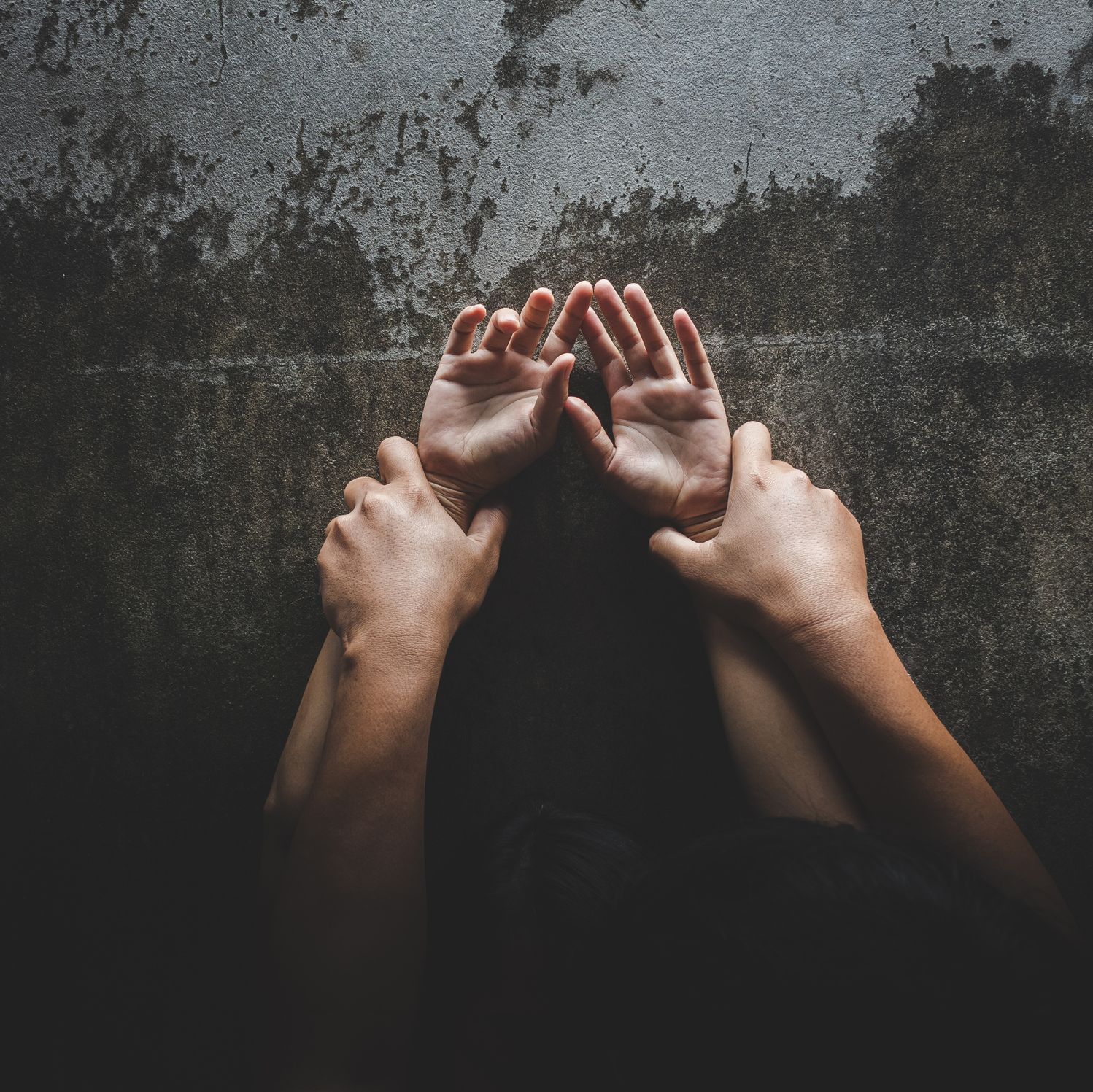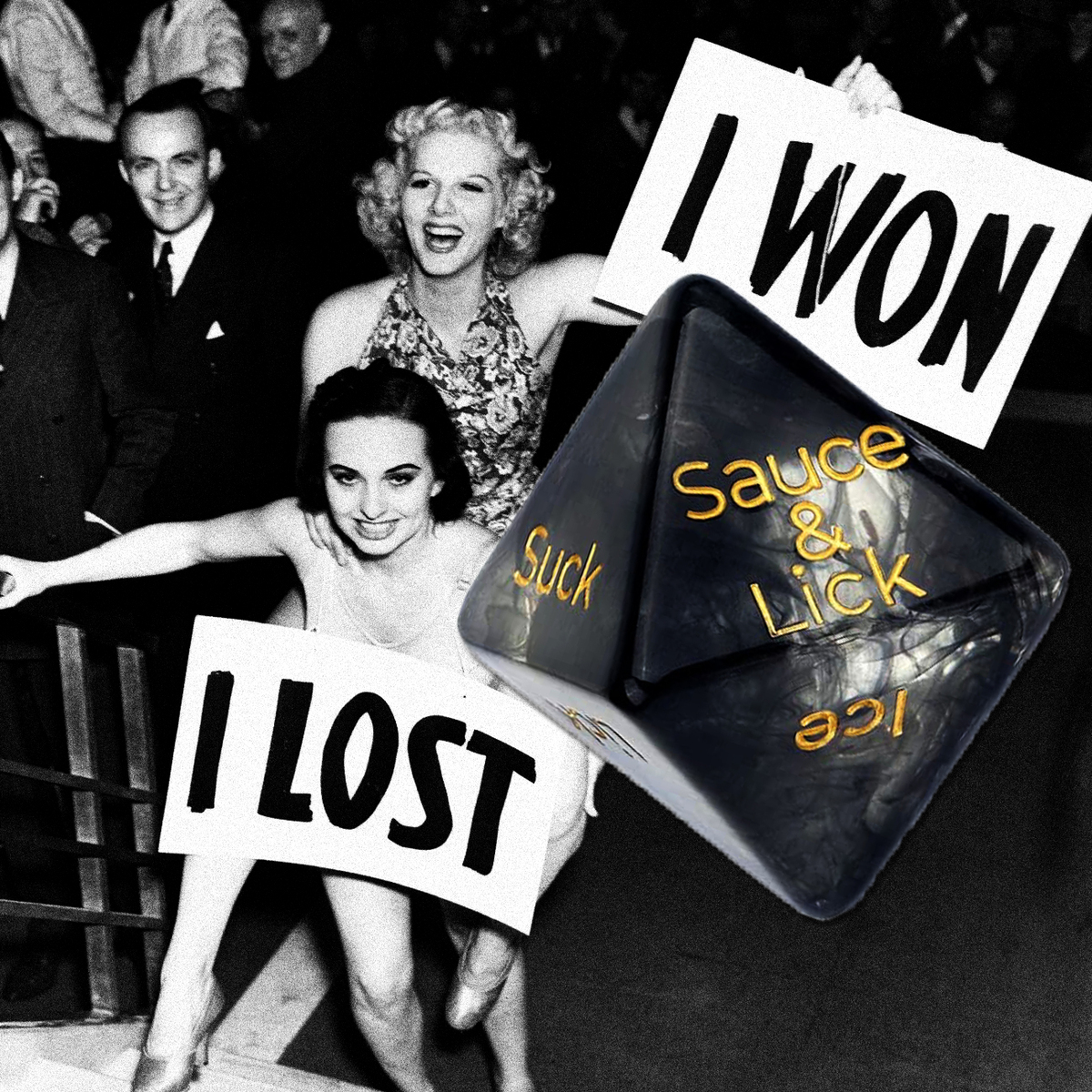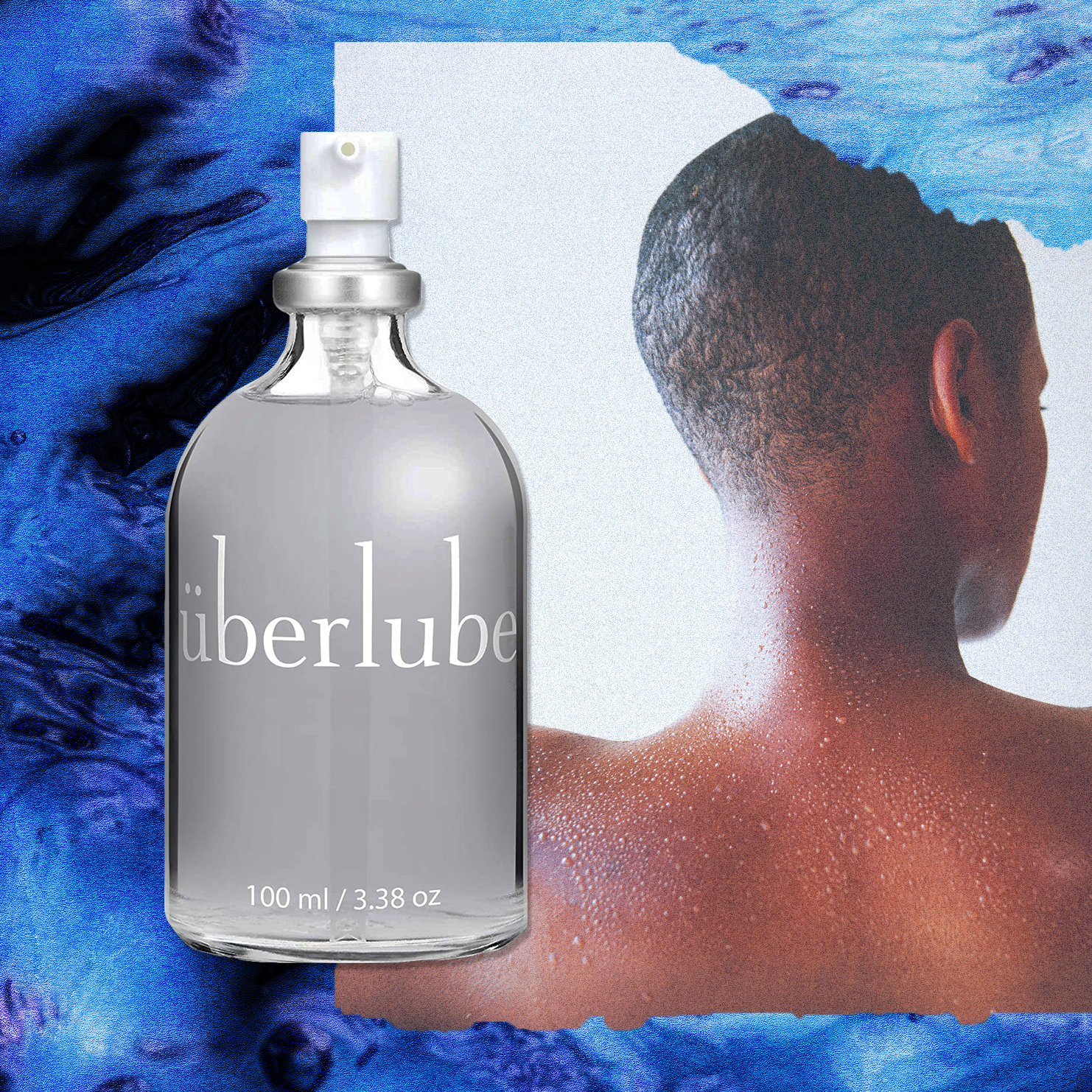What I Wish I Said to My Rapist
Five years after his crime, I finally realize what happened.

Sexism happens every day in ways both large and small. Today, in honor of International Women's Day, we're standing up and calling it out. Here and in the linked stories below, four women share powerful essays about the moments they wish they could go back and rewrite—join in on Twitter and share your own. #WhatIWishISaid.
When I was in my teens, my mom told me never to go to Central Park alone. The park was where people got raped. Rape, I always believed, was something done by a scary man in a dark, desolate place. So long as I avoided them, I would be fine.
RELATED STORIES


The summer after my sophomore year I traveled to Mexico for a competitive internship program. About a month into my stay, I met a guy—a friend of a friend—who I clicked with instantly. He was quick-witted, playful, and interested in my work. He endearingly made fun of my use of the word "anomaly" (anomalía in Spanish). After one date, he bought me a bracelet, and invited me to see a dubbed version of David Lynch's Blue Velvet. He spent the night and we fooled around before bed. I had a crush.
I realized that the guy who had just fallen asleep beside me was now inside of me.
A few days later we went out for beers, then whiskeys, then dancing. He told me I was beautiful and that he loved my "blondish" hair. I was giddy and eager to go home together, though surely alcohol played a role in my enthusiasm.
We went back to where I was staying and had standardly boring intercourse. I didn't have an orgasm. He did. It all felt normal. I placed his needs above mine. I didn't realize there was an alternative.
Every depiction of sex I'd seen (rom-coms, TV shows) until this point went something like this: The man orgasms, the woman moans and looks happy, end of story. Even as a self-identified feminist enrolled in esoteric gender studies seminars, I didn't see the inequality. I had always been easy-going—and applauded for it. The idea of someone—especially a guy—regarding me as "pushy" revolted me. I fell asleep only mildly disappointed that fireworks hadn't gone off. I liked him.
RELATED STORY

A few hours later I woke up—suddenly and disoriented. As my eyes adjusted to the dark, I realized that the guy who had just fallen asleep beside me was now inside of me. We were, apparently, having sex. I knew that it wasn't consensual, but it didn't occur to me to protest because I had just had consensual sex with him. I even thought that maybe I had said it was okay and just forgot. The idea of pushing back felt scarier than voicing what I knew to be true: I was being raped.
Stay In The Know
Get exclusive access to fashion and beauty trends, hot-off-the-press celebrity news, and more.
Many of us have said "yes" when we mean "no," or nothing when we meant "stop." Many of us have also beat up on ourselves as a result, as I did for the next five years.
The idea of pushing back felt scarier than voicing what I knew to be true: I was being raped."
I had been conditioned to think of my body as a pleasure vessel for my sexual partners. Yes I identified as a feminist, but my intellectual grasp of Judith Butler didn't come with me into the bedroom. I didn't realize that it was widespread cultural sexism that led me to believe—even subconsciously—that a man's pleasure mattered more than my own. I hadn't yet discerned that sticking up for my ownership of my body wasn't pushy—it was my right.
It took years, but I have finally grasped that, regardless of what signals I may be sending, no one can just do what they want to my body. Just because you have consensual sex with a man at 1 a.m. doesn't mean he can take whatever he wants at 4.
I wish I had said, "Get out of my vagina." I wish I had said, "My body does not exist for your pleasure." I wish I had said, "I am not a bad feminist because I let this happen."
And that's why—for my five-years-ago self and for any woman reading this who may need strength in the future—I'm saying it now.
Follow Marie Claire on Facebook for the latest celeb news, beauty tips, fascinating reads, livestream video, and more.
Charlotte Lieberman is a Brooklyn-based writer whose work often concerns feminism, meditation, and mental health. You can read her articles in Cosmopolitan, The Harvard Business Review, BOMB,Teen Vogue, and Guernica, among other publications, and her poetry in The Boston Review, The Colorado Review, and Nat.Brut. Visit her at www.CharlotteLieberman.com.
-
 James Middleton Shares Why He Was "Breathless and Flustered" During Meeting With Queen Elizabeth
James Middleton Shares Why He Was "Breathless and Flustered" During Meeting With Queen Elizabeth"I heard a snort of laughter and looked past the Queen to see everyone in the room stifling their giggles."
By Kristin Contino
-
 This Modern Princess Will Break a 600-Year-Old Tradition When She Takes the Throne
This Modern Princess Will Break a 600-Year-Old Tradition When She Takes the ThronePrincess Ingrid Alexandra of Norway will follow in a long-ago ruler's footsteps.
By Kristin Contino
-
 Hailey Bieber's "Favorite Jacket" Is Actually One She Designed
Hailey Bieber's "Favorite Jacket" Is Actually One She DesignedIt's a piece for husband Justin Bieber's new brand.
By Halie LeSavage
-
 The All-Time Favorite Sex Positions of 11 Real Women
The All-Time Favorite Sex Positions of 11 Real WomenFeatures "It makes me feel like the sexiest woman on earth."
By The Editors
-
 The 22 Best Vibrators, According to Sex Toy Experts
The 22 Best Vibrators, According to Sex Toy ExpertsThe vibes are immaculate.
By Gabrielle Ulubay
-
 The 20 Best Sex Games for Couples in 2023
The 20 Best Sex Games for Couples in 2023Who said game nights need to be wholesome?
By Gabrielle Ulubay
-
 The 14 Best Lubes for Every Need
The 14 Best Lubes for Every NeedGood sex should always go smoothly.
By Gabrielle Ulubay
-
 COVID Forced My Polyamorous Marriage to Become Monogamous
COVID Forced My Polyamorous Marriage to Become MonogamousFor Melanie LaForce, pandemic-induced social distancing guidelines meant she could no longer see men outside of her marriage. But monogamy didn't just change her relationship with her husband—it changed her relationship with herself.
By Melanie LaForce
-
 100 Sex Songs That Won't Make You Cringe
100 Sex Songs That Won't Make You CringeFeatures Dim the lights and hit play on this sex songs — the perfect playlist of songs to have sex to.
By The Editors
-
 33 Unexpected Valentine's Day 2023 Date Ideas
33 Unexpected Valentine's Day 2023 Date IdeasFeatures A.k.a. not dinner and roses.
By The Editors
-
 How to Stay Safe Using Dating Apps and Websites
How to Stay Safe Using Dating Apps and WebsitesHow To Did you know your favorite dating apps may be selling your intimate information? Swipe right on privacy with these key safety tips.
By Jenny Hollander